Day 3 started with the delivery of the aggregate and sand, and ended with quite a lot of the blocks being laid. We’re not allowed to walk on them yet, though!
The Moose in the Tar Sands
21.08.2023 - 12:02 / theunconventionalgardener.com / Emma Doughty
This morning I have finished reading the Introduction of Naomi Klein’s This Changes Everything, a call to arms to everyone on the planet to prevent climate change becoming a human-extinction event. A week ago, the Guardian published an article suggesting that using the narrative of war for environmental purposes may not be a good idea. The author thought that it may be deepening the divisions between us, making it harder to get our message across. It didn’t suggest any alternative wordings, except:
“is running a fever, and we need some wind-turbine ibuprofen to bring down the heat. Or maybe it’s a sinking boat, and instead of scooping water out, our crew needs to patch the hole where it’s rushing in.”
Which strikes me as very twee. I would feel like an idiot trying to convince my carbon-spendthrift parents that they should support wind farm ‘ibuprofen’. Having given it considerable thought, I have decided that (despite the fact I am a pacifist), I disagree – the fight for the planet is a war and should feel free to say so. Wars kill people; climate change is killing people, and the steady trickle of deaths will become a massacre if we sit back and don’t intervene.
Klein agrees. In the Introduction to her book, she explores some of the explanations that have been put forward as to why humanity has done so little to combat climate change that we are in a worse position (with carbon emissions) than we were when we first seriously started discussing it, way back in 1988. She throws them all out and proposes her own reason – the climate change crisis has unfolded in an era when the political class has been moving us relentlessly into ‘extractivism’. First materialism, and then increasingly unfettered globalisation have moved us
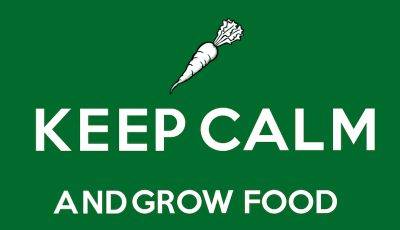
How To Grow Mustard and Cress
If it’s the middle of winter and there’s nothing much going on in the vegetable garden, or you want some easy and ultra-fresh salad greens, or a rainy day project to help keep the kids occupied, then try growing mustard and cress!
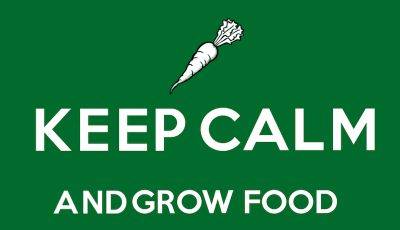
The light at the end of the tunnel
It’s at this time of year, I think, that a polytunnel or greenhouse really comes in handy in the garden. Over the summer it may just be a tangle of tomato vines – productive, but a space that you really only go in to keep up with the watering chore, or to harvest ripe tomatoes. You know you’re going to come out with green stains on your clothes and hands that smell funny – tomatoes are like that. Those tomatoes will hang on longer into the autumn than you thought they would, and by the time you’ve cleared out the polytunnel the season will be so far advanced that it will be cold and dark and your crop of overwintering salads will barely be growing – just marking time until the days are long enough for them to actually grow.
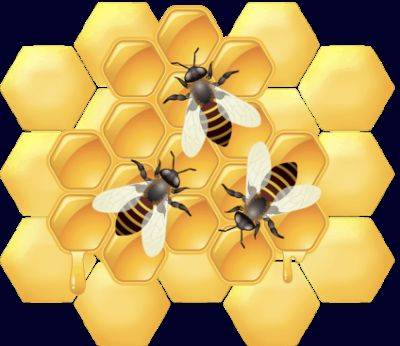
The Hive: no. 1
Earth Day seems to be an auspicious day on which to being a new blog series. ‘The Hive’ is going to be a collection of positive news stories about the environment, with a solarpunk vibe – demonstrating that those of us who care about the environment are not alone, and that in fact there are legions of people around the world who are actively making a difference, and who share a positive vision of how the future could look, rather than the gloom and doom of a dystopia forced on us by a broken climate.
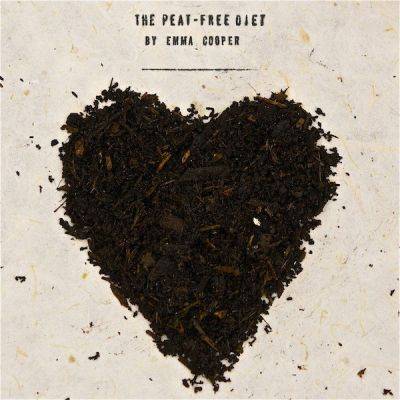
The Peat-Free Diet: The Pantry, A-Z
The Pantry contains information about some of the items that are useful for a peat-free gardener, and gardening terms you may come across on your peat-free travels.
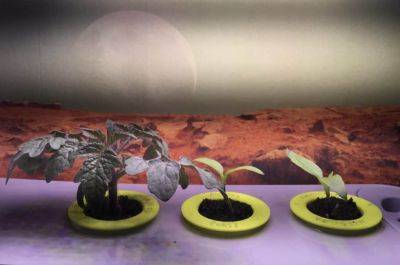
The good, the bad, and the overly tall
We’ve had the Hydroponicum for over a year now. It has kept us supplied with salads and stir-fry veg, and I’ve grown one or two more experimental crops as well. Not everything I have tried has been successful. My spinach bolted (I’m not sure why, and I haven’t tried again yet). Alliums don’t seem to like germinating in the hydroponic seedling tray, and coriander downright refused. Coriander seedlings will grow hydroponically, though, so I may try allium transplants at some point.

Down the garden path: planning the paving
This is our garden plan for the front garden and the ‘back’ garden (which is at the side of the house, strictly speaking). The red areas are paving – a garden path, a wide patio and enough hardstanding to go underneath two sheds (one of which may turn out to be a greenhouse).
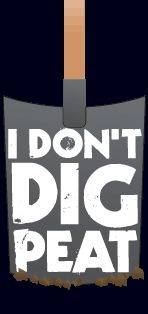
The Elephant in the Room
We see a lot of articles about how you can save money by growing your own food. And it’s true, it’s absolutely true, you can. A packet of salad seeds is roughly the same price as a bagged salad, and will keep you in salads all summer (and probably beyond). You can save money by picking up seeds at seed swaps, saving your own seeds, sharing with friends and neighbours, making your own compost and plant feeds and recycling household items into pots, etc. But there’s an elephant in the room – a factor that’s often left out.
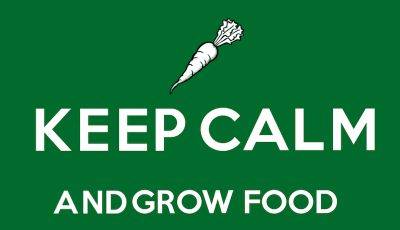
Cutting the Mustard
We know that mustard has been a common ingredient in European food since the late 14th century. Prior to that we know that it was used medicinally, with its benefits mentioned by both Pliny and Pythagoras, and we think the Romans are responsible for spreading white mustard throughout Europe. A ‘hot’ plant, it has also long been considered an aphrodisiac.
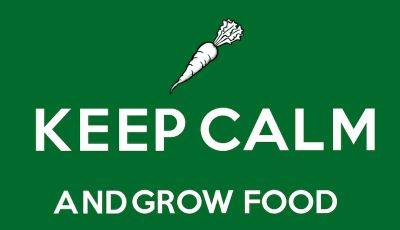
The garden on the shortest day
I have been out in the garden a bit more over the last week. Rather than wait until later in the day, when I generally don’t feel like going outside, I have started going out to do something first thing in the morning, before I sit down at my desk. The weather is very mild, and a lot of days have been dank and overcast, but on the brighter mornings I can happily potter about for an hour before coming inside. It’s quite often the nicest part of the day, weather-wise.

The Seed and the Moon
Three minutes of loveliness
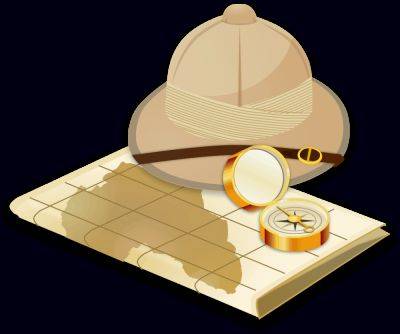
Moose dribble v toxic fungus
In my occasional series, “When Plants Attack” we’ve seen some of the ways in which plants can defend themselves. So far I’ve covered the chemicals they produce to discourage other plants from growing in their space (allelopathy) and the conventional weaponry they use to guard against a physical attack. I am planning more posts to continue the series, which will include a look at the chemical defences plants have evolved to protect themselves against being eaten. But as soon as a plant evolves a defence mechanism, predators will begin to evolve or develop a way to counteract it. For example, some insects can collect poisons from the plants they’re munching on, and use them as part of their own defences. But until now it has seemed as though plant-eating mammals change their behaviour to cope with toxic plants – e.g. by changing how they forage for food, or by eating dirt (geophagy) to detox.
